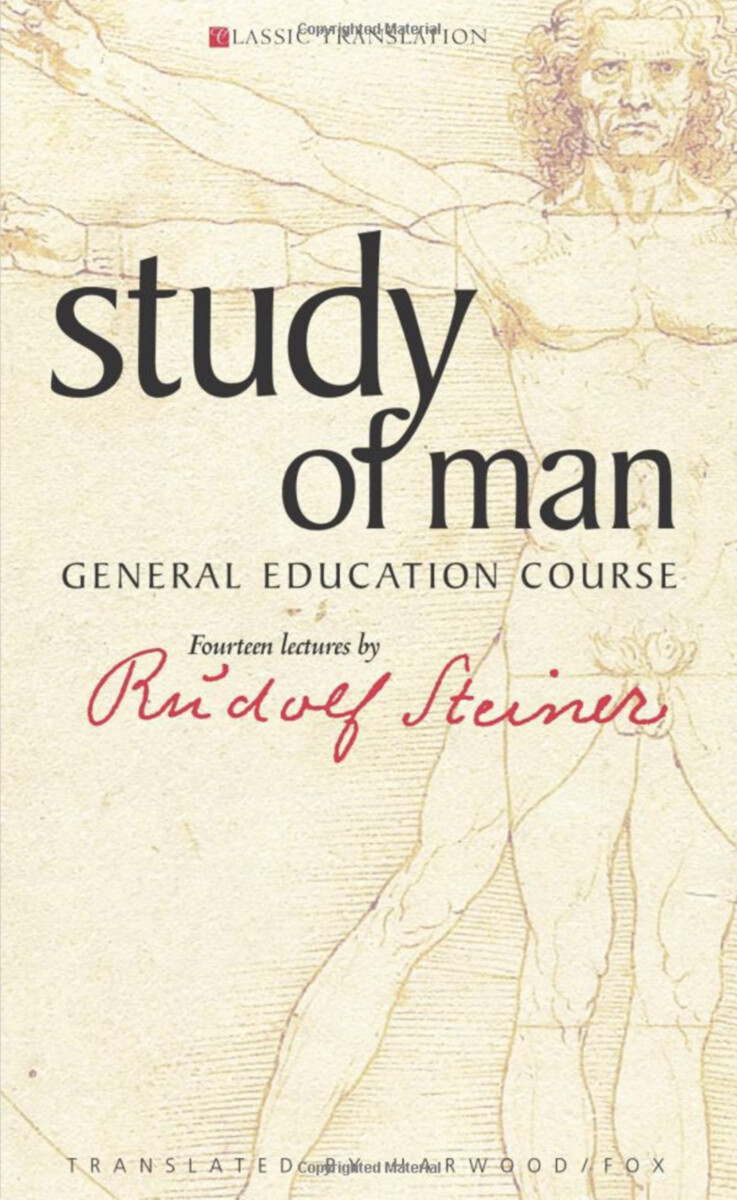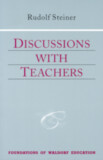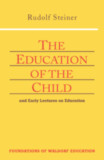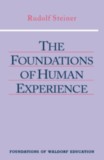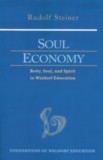- Publisher
Rudolf Steiner Press - Published
1st May 1995 - ISBN 9781855841871
- Language English
- Pages 192 pp.
- Size 5.5" x 8.5"
14 lectures, Stuttgart, August 20 – September 5, 1919 (CW 293)
Although these lectures were given to teachers as preparatory material, they are by no means concerned only with education. Study of Man is Steiner’s most succinct presentation of his human-centered spiritual psychology, and it is accessible to anyone genuinely interested in the questions of human existence. His approach is unique because it considers not only the influences that affect humanity from the past, but also future states of consciousness and being.
Reprinted here in the original “classic” translation by A.C. Harwood and Helen Fox, these lectures were given in 1919 to the teachers of the Waldorf school in Stuttgart—the first to be based on the educational ideas of Rudolf Steiner. After eighty-five years of Waldorf education—and exponential growth around the world—this volume remains the basic study text for teachers in Steiner schools. As well as providing a basis for the work of educators, Study of Man will be of special interest to parents, counselors, psychologists, and students of Rudolf Steiner’s philosophy—for whom this volume provides a fundamental picture of the human being according to the anthroposophic understanding of the world.
This book is a translation of Allgemeine Menschenkunde als Grundlage der Pädagogik (GA 293), published by Rudolf Steiner Nachlassverwaltung, Dornach.
Rudolf Steiner
Rudolf Steiner (b. Rudolf Joseph Lorenz Steiner, 1861–1925) was born in the small village of Kraljevec, Austro-Hungarian Empire (now in Croatia), where he grew up. As a young man, he lived in Weimar and Berlin, where he became a well-published scientific, literary, and philosophical scholar, known especially for his work with Goethe’s scientific writings. Steiner termed his spiritual philosophy anthroposophy, meaning “wisdom of the human being.” As an exceptionally developed seer, he based his work on direct knowledge and perception of spiritual dimensions. He initiated a modern, universal “spiritual science” that is accessible to anyone willing to exercise clear and unbiased thinking. From his spiritual investigations, Steiner provided suggestions for the renewal of numerous activities, including education (general and for special needs), agriculture, medicine, economics, architecture, science, philosophy, Christianity, and the arts. There are currently thousands of schools, clinics, farms, and initiatives in other fields that involve practical work based on the principles Steiner developed. His many published works feature his research into the spiritual nature of human beings, the evolution of the world and humanity, and methods for personal development. He wrote some thirty books and delivered more than six thousand lectures throughout much of Europe. In 1924, Steiner founded the General Anthroposophical Society, which today has branches around the world.


